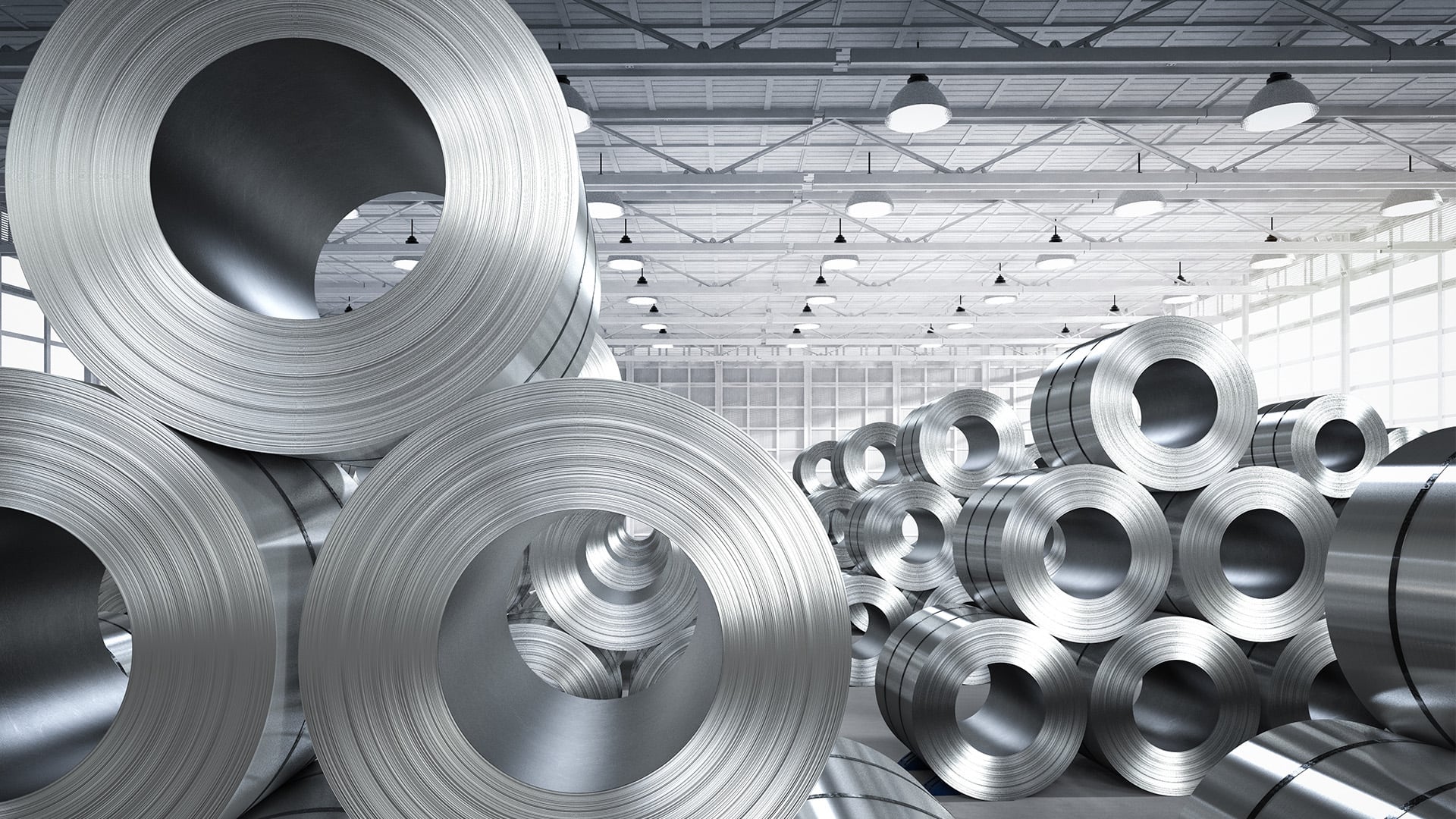1. Oxygen: Oxygen is necessary for rust formation. The oxygen content in the air is important for rust formation. Presence of oxygen in humid environments can accelerate rust formation.
2. Water: Water plays a critical role in rust formation. When water droplets come into contact with metal surfaces or when metals are exposed to water vapor, water combines with oxygen, causing the breakdown of the protective layer on the metal's surface and accelerating rust formation.
3. Salts and Ions: Salty water like seawater or road salts can accelerate rust formation. Salts can contribute to the breakdown of the protective layer on the metal's surface and speed up oxidation.
4. Acids: Acids can weaken or dissolve the protective layer on the metal's surface, accelerating rust formation.
5. Temperature and Humidity: High temperature and humidity conditions can speed up rust formation. These conditions can lead to more effective reactions between oxygen and water with the metal surface.
6. Type of Metal: Different metals rust at different rates. For example, metals like iron and steel are more prone to reacting with oxygen and rusting more quickly.
To prevent or delay the formation of rust, metal surfaces can be coated with protective layers, rust inhibitors can be used, or the conditions to which metals are exposed can be controlled. These are a few examples of measures that can be taken to prevent or reduce rust formation.
